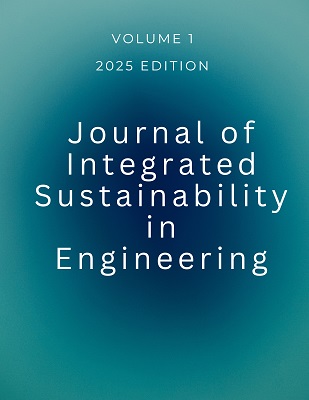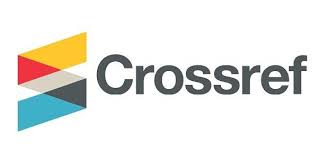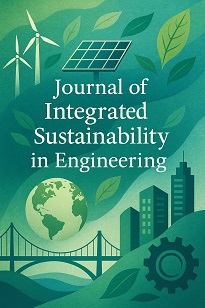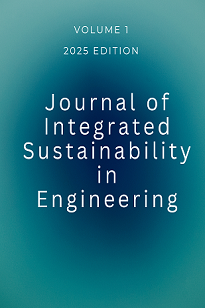Integrating Fuzzy-Machine Learning and Bibliometric Analysis for SDG-Aligned Renewable Energy Strategies
DOI:
https://doi.org/10.64200/tdpc0c04Keywords:
Sustainable Development Goals, Renewable energy, Fuzzy-Analytical Hierarchy Process, Fuzzy-TOPSIS, Machine learning, bibliometric analysisAbstract
This research aims to analyze and predict the most suitable renewable energy source using a machine learning model aligned with the Sustainable Development Goals (SDGs). A bibliometric analysis is conducted to select relevant literature from Scopus and Web of Science databases to identify key sustainability criteria. The criteria weights are determined using the fuzzy Analytical Hierarchy Process (AHP), while prediction is performed using a logistic regression model combined with fuzzy TOPSIS. This approach ensures a data-driven selection of renewable energy sources. The results highlight ‘Technological Innovation’ as the most critical criterion, while ‘Concentrating Solar’ emerges as the best-suited renewable energy option. The proposed model offers a structured framework to aid policy-makers in selecting appropriate renewable energy solution for different regions. This study provides a systematic decision-making model for renewable energy selection, incorporating advanced machine learning and fuzzy MCDM techniques. Future research can explore additional machine learning models to enhance prediction accuracy and decision-making efficiency.

Downloads
Published
Issue
Section
License
Copyright (c) 2025 VIRENDRA SINGH RANA, Dr. Nishant Mathur, Mohit Kumar Arya (Author)

This work is licensed under a Creative Commons Attribution 4.0 International License.
This is an Open Access article distributed under the terms of the https://creativecommons.org/licenses/by/4.0/
permitting all use, distribution and reproduction in any medium provided the work is properly cited.
Deprecated: json_decode(): Passing null to parameter #1 ($json) of type string is deprecated in /home/u528617106/domains/jisejournal.com/public_html/plugins/generic/citations/CitationsPlugin.php on line 68
How to Cite
Share
Most read articles by the same author(s)
- Mohit Kumar Arya, Nishant Mathur, VIRENDRA SINGH RANA, Evolving Trends in Consortium Blockchain and Energy Consumption: A Bibliometric Perspective on Consensus Mechanisms , Journal of Integrated Sustainability in Engineering: Vol. 1 No. 1 (2025): Volume 1 | Issue 1| [April-June, 2025]


